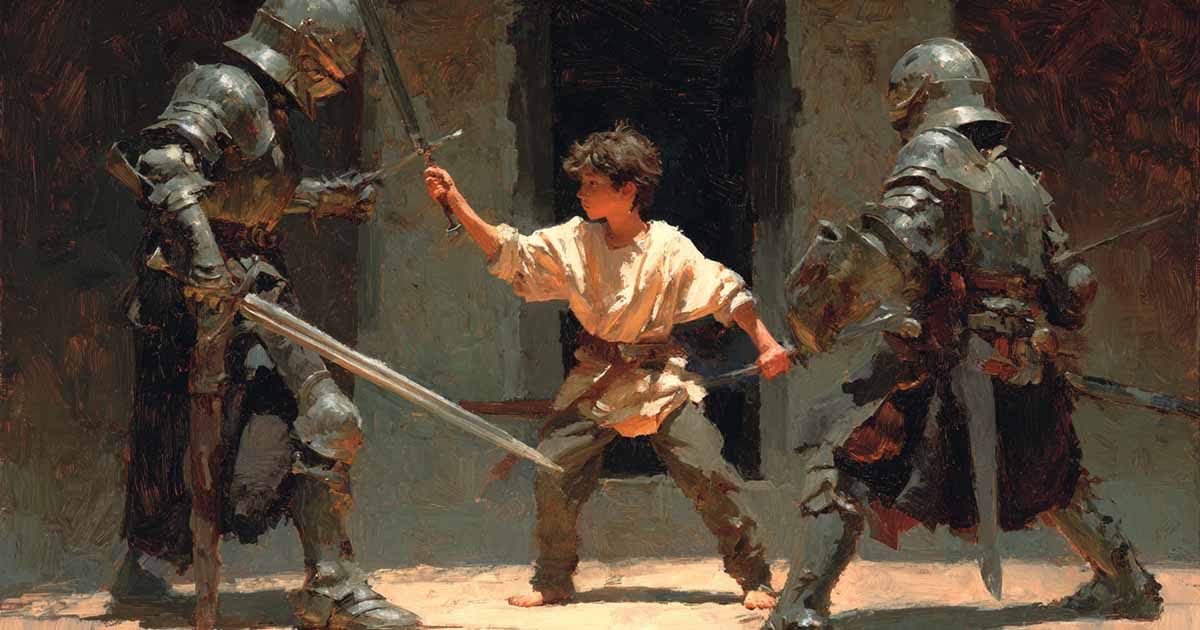Who Was Paul Atreides in Frank Herbert’s Dune
Paul Atreides rises from noble heir on Caladan to desert leader on Arrakis, a figure seen as both messiah and warning in Frank Herbert’s "Dune" and its adaptations.

In the long history of science fiction, few characters have left as deep an imprint as Paul Atreides. First introduced in Frank Herbert’s 1965 novel "Dune," Paul is heir to a noble house, survivor of betrayal, and eventual messianic leader of the desert planet Arrakis.
Readers of the 1960s saw him as a futuristic echo of Lawrence of Arabia or a young John F. Kennedy. Later audiences met him through David Lynch’s stylized 1984 film or the ambitious miniseries of the early 2000s. Today, Denis Villeneuve’s films have brought Paul back into the cultural spotlight.
Across all these versions, one question lingers—was Paul a savior or a warning?
Origins and Context
Herbert developed "Dune" while researching desert ecology in Oregon. He blended those ideas with concerns about oil politics, charismatic leaders, and environmental change.
Paul is the son of Duke Leto Atreides and Lady Jessica. He grew up on Caladan, a world of oceans and storms. At fifteen, he is thrust into adulthood when the Emperor orders House Atreides to govern Arrakis.
Arrakis produces melange, the spice essential to space travel. The desert planet is not only a stage for Paul’s story but also a crucible that shapes his destiny. It ties him to the Fremen who endure the sands.
| Name | Paul Atreides |
|---|---|
| Affiliation | House Atreides, Bene Gesserit, Fremen |
| First Appearance | "Dune" (1965) by Frank Herbert |
| Description | Heir of House Atreides who becomes Muad’Dib, Fremen leader, and messianic figure |
Training and Preparation
From childhood, Paul was groomed for greatness. His mother teaches him the Bene Gesserit disciplines. He learns to control his body and master the Voice.
He also receives early Mentat training that sharpens his logic. Duncan Idaho and Gurney Halleck drill him in weapons and combat.
Even before setting foot on Arrakis, Paul dreams of events yet to come. These visions foreshadow his link to prophecy and mark the burden he will carry.

Role in the Story
The heart of Paul’s journey begins with House Atreides’ arrival on Arrakis.
The apparent gift of planetary stewardship conceals a trap, as House Harkonnen and the Emperor conspire to destroy them.
After betrayal and the death of Duke Leto, Paul and Jessica escape into the desert. Taken in by Stilgar and his Fremen warriors, Paul adopts the name Muad’Dib, after a desert mouse that symbolizes survival and cunning.
He embraces the Fremen way of life and rises as their leader. Through ritual trials and growing prescience, Paul becomes seen as the Kwisatz Haderach, the long-awaited figure foretold by prophecy.
By the novel's climax, he defeats his enemies. Emperor Shaddam IV abdicates, and Paul claims the throne through marriage to Princess Irulan.
Names and Symbols
In "Dune," names carry weight. Each one marks a stage in Paul’s transformation and ties him to different traditions and expectations. Herbert uses these names not just as identifiers but as symbols of survival, prophecy, and power.
- Muad’Dib – Paul’s chosen Fremen name, taken from a desert mouse that symbolizes survival and adaptation.
- Usul – His private sietch name, meaning “the base of the pillar,” linking him to Fremen tradition and community.
- Kwisatz Haderach – The Bene Gesserit title meaning “shortening of the way,” marking him as the culmination of their breeding program with unique prescient powers.

Visions and Limits
Paul’s ability to see the future is not a simple form of prophecy. He perceives branching paths that shift with each choice.
One vision weighs on him above all. He sees a galactic jihad carried out in his name. He fears it, yet cannot escape it.
Prescience becomes both a gift and a trap. Paul gains knowledge but loses freedom. Herbert uses this tension to explore fate, choice, and the peril of placing faith in a single leader.
Across Adaptations
Adaptations of "Dune" have interpreted Paul differently. In Lynch’s 1984 film, Kyle MacLachlan brings a wide-eyed intensity, culminating in a dramatic ending where Paul miraculously causes rain on Arrakis—a change from the novel.
The Sci-Fi Channel’s 2000 miniseries, with Alec Newman, has time to explore Paul’s strategic mind and political maneuvers, presenting him as a calculating leader rather than a mystic.
Denis Villeneuve’s recent films cast Timothée Chalamet, emphasizing Paul’s youth and reluctance. His quiet, hesitant performance highlights the human cost of destiny.
Each portrayal reflects the era in which it was made, yet all circle the same paradox of Paul’s role as both savior and warning.
Hero and Warning
Paul Atreides is often remembered as the messiah who led the Fremen to victory and changed the galaxy. Yet Herbert always intended his story as a warning.
Charismatic leaders can inspire. They can also unleash forces that spin beyond control. Paul embodies both liberation and fanaticism.
For some, he is a tragic hero. For others, a symbol of the perils of blind faith. That duality is why Paul still matters to readers today. His journey is less about a boy who became emperor than about the dangers of power, prophecy, and human longing for saviors.

